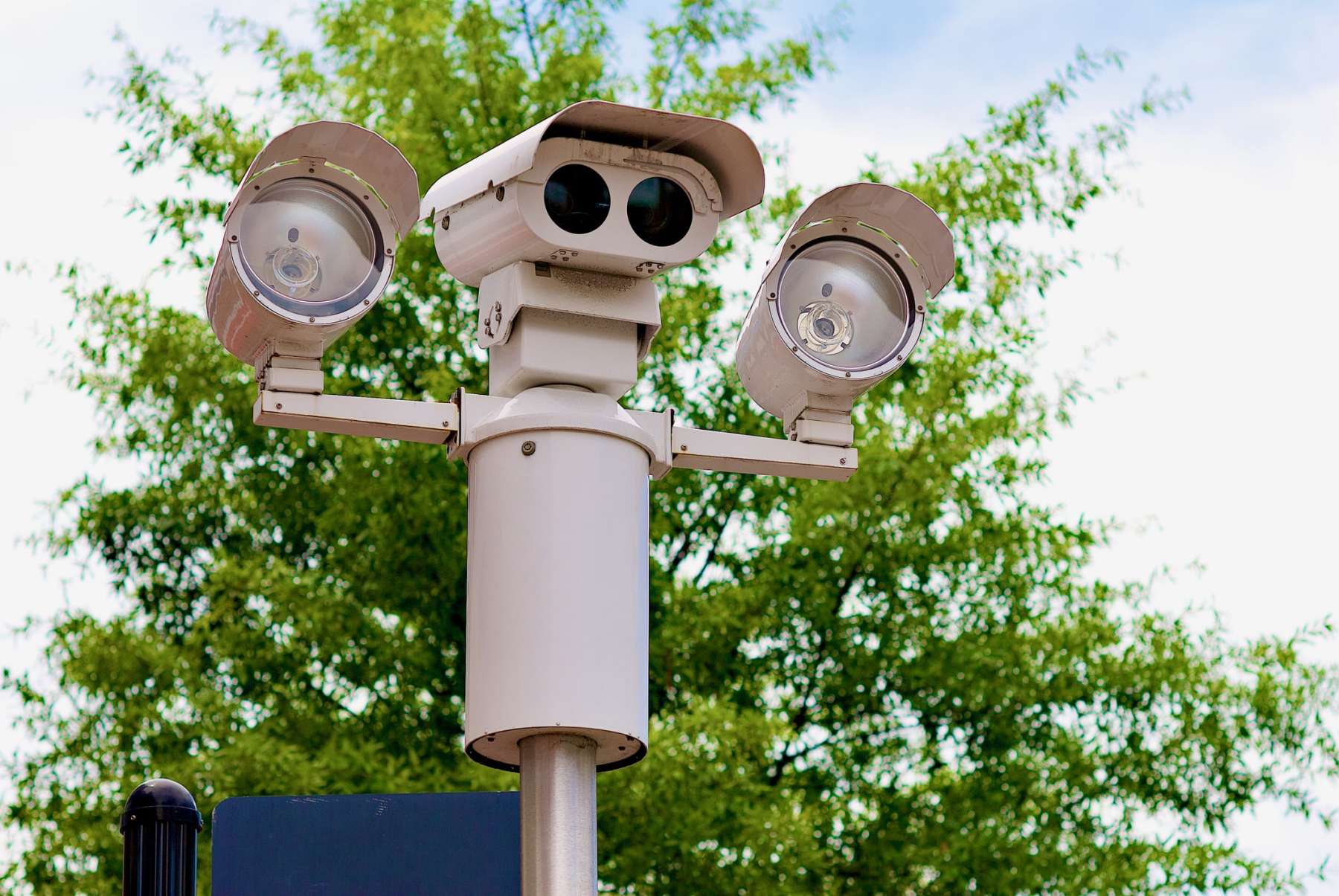Rethinking Speed Cameras in Rhode Island: Privacy, Profits, and Road Safety Concerns
Speed cameras have become an increasingly contentious issue in Rhode Island and across the United States. While proponents argue that they reduce accidents and save lives, there is a growing body of evidence that suggests the costs outweigh the benefits.
March 31, 2023, 7:54 am
By Greg Brailsford
Speed cameras have become an increasingly contentious issue in Rhode Island and across the United States. While proponents argue that they reduce accidents and save lives, there is a growing body of evidence that suggests the costs outweigh the benefits. This is part 1 of our dive into speed cameras in Rhode Island, focusing on issues of privacy, revenue generation, and their true impact on road safety. It may be time for Rhode Island to reconsider its stance on speed cameras and repeal the legislation that allows for their use.
The Invasion of Privacy
One of the most significant concerns with speed cameras is their invasive nature. When drivers are constantly monitored by automated technology, it erodes the expectation of privacy that is a fundamental right in a free society. The Fourth Amendment of the United States Constitution protects citizens from unreasonable searches and seizures. Although the U.S. Supreme Court has yet to rule definitively on the issue, the ACLU indicates there is compelling argument that speed cameras violate this constitutional protection.
The Revenue Generation Trap
Speed cameras generate significant revenue for municipalities and the state. In 2022, Providence alone collected more than $5 million in speed camera fines. This financial incentive often leads to the prioritization of revenue generation over road safety. As a result, speed cameras are frequently placed in locations where they are most likely to generate revenue, rather than where they would have the most significant impact on safety.
Further, the reliance on revenue from speed cameras creates a perverse incentive for local governments to maintain or even lower speed limits to increase the number of citations issued, rather than focusing on data-driven approaches to improve road safety.
The Questionable Impact on Road Safety
While speed cameras are marketed as a tool to improve road safety, the evidence is far from clear-cut. A comprehensive study from the Cochrane Library in 2010 found that speed cameras led to a small reduction in the number of accidents but could not conclusively prove that this reduction was solely due to the cameras’ presence. In contrast, countless studies including those in Chicago found that speed cameras increase the likelihood of rear-end collisions due to sudden braking more than they reduce other types of collisions.
Moreover, there are more effective ways to improve road safety that do not raise the same privacy and revenue generation concerns. The Federal Highway Administration recommends engineering measures, such as better road design, signage, and traffic calming techniques, as more effective means of reducing accidents and saving lives. If it is about safety, let’s actually demonstrate, through action, that it is about safety.
Coming in Part 2
The continued use of speed cameras in Rhode Island’s communities of Pawtucket, Providence, and East Providence raises significant concerns about privacy, revenue generation, and their true impact on road safety. It’s time for the state to reevaluate its priorities and invest in proven, data-driven measures that genuinely improve safety without infringing on citizens’ rights or creating perverse financial incentives. In Part 2, I will explore local data on the amount of money fleeced from RI drivers to date through the use of speed cameras, and discuss how speed limits are set, and challenged, in Rhode Island.






